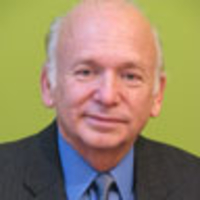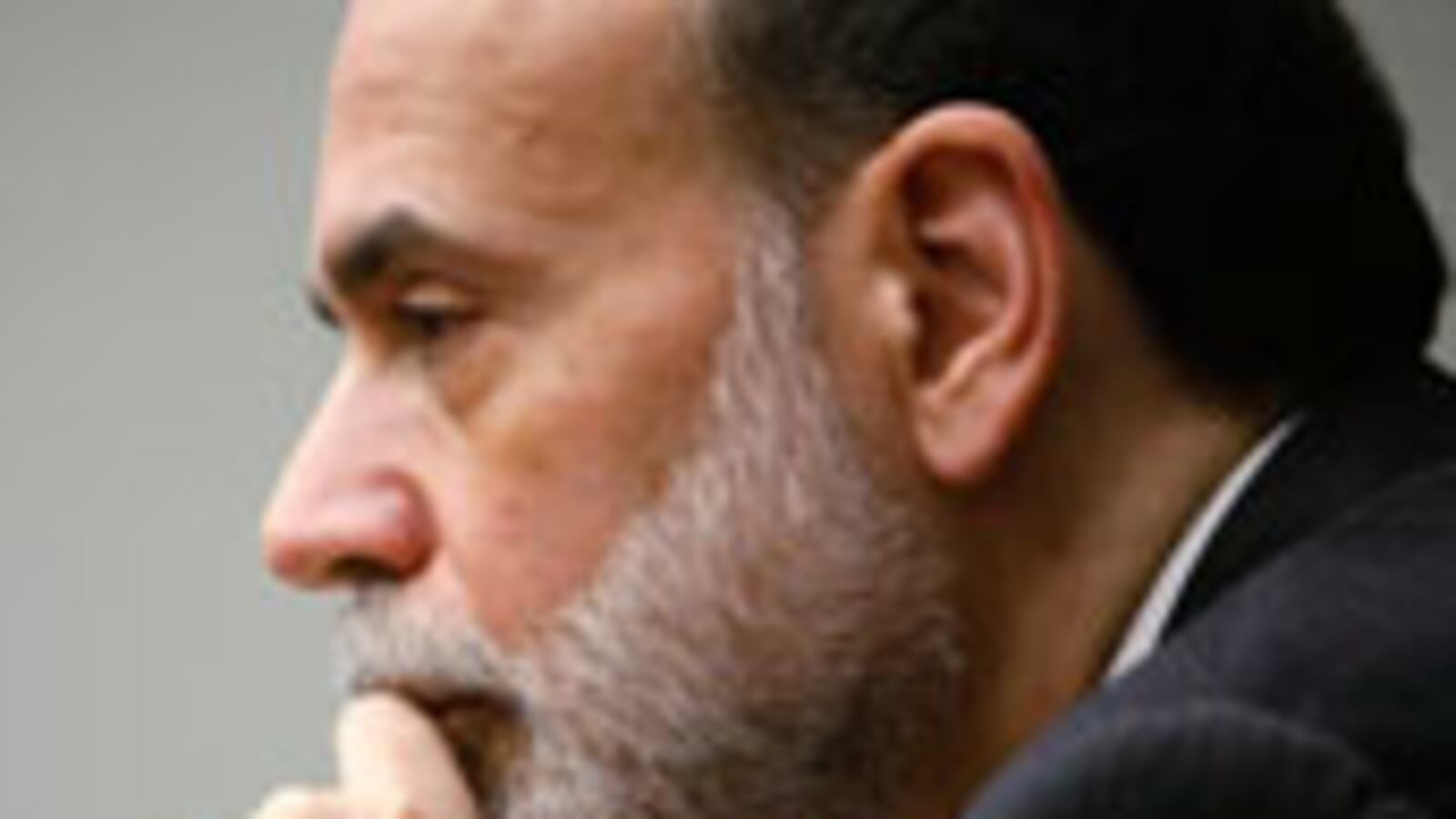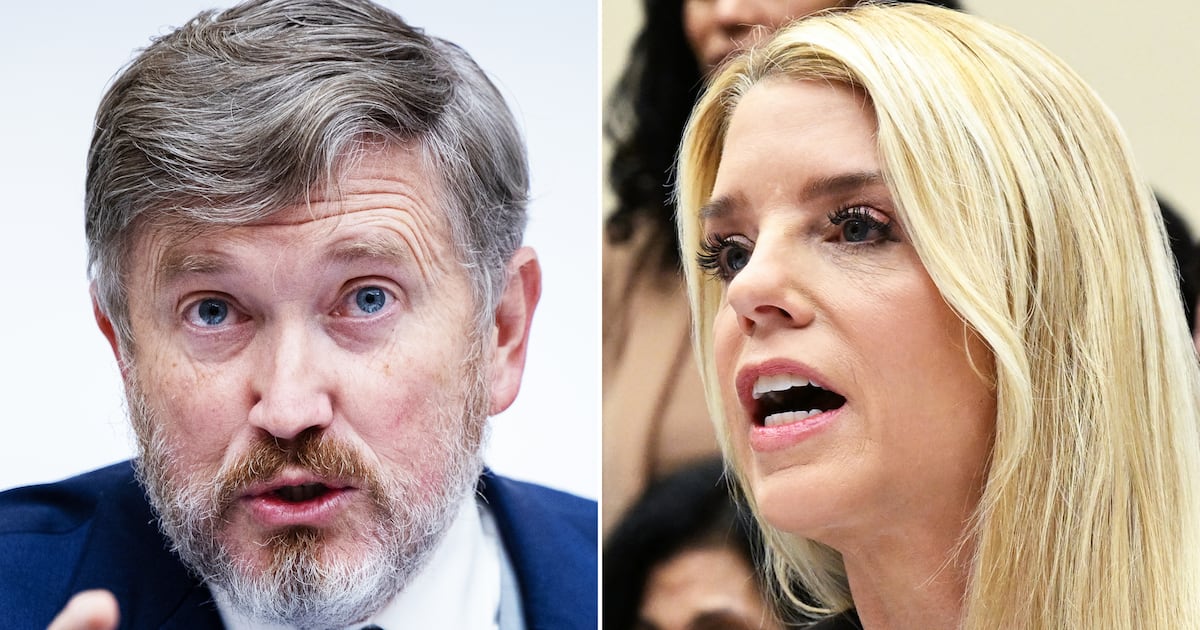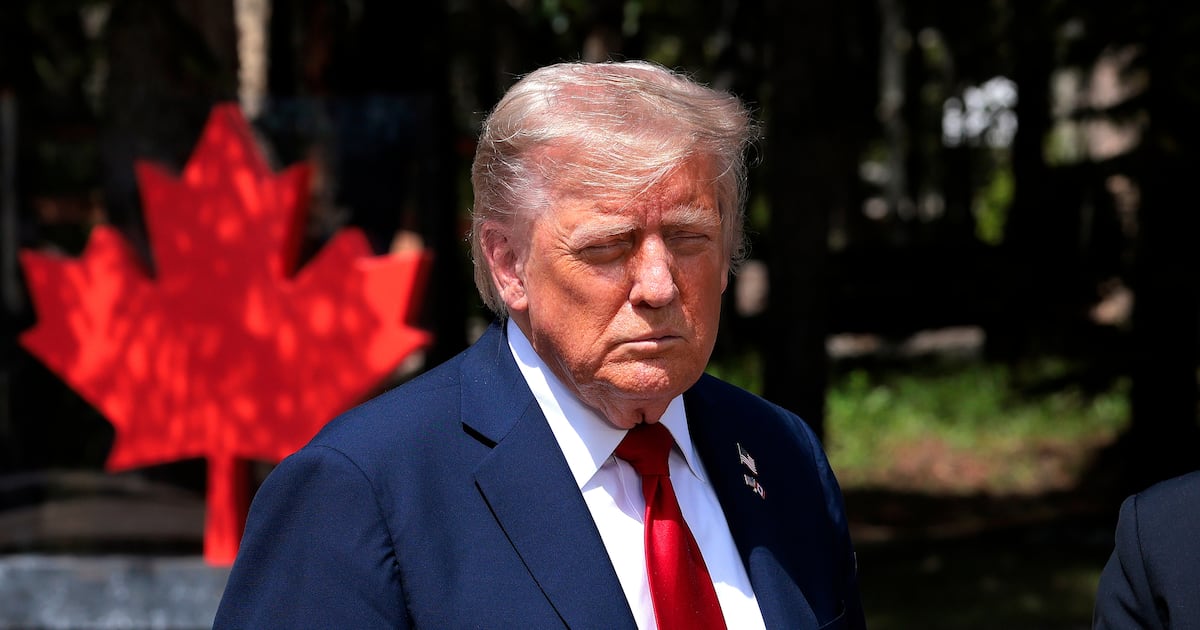
Federal Reserve Chairman Ben Bernanke decided to weigh in this week about his fear of government spending and future budget deficits. But he speaks more with ideology than practical sense about an area that is really not his business—what Congress and the president decide the nation needs, including public investment. He also has the option to talk privately to these men and women. He chose to make a public statement and made headlines in the financial press.
America is in quite a hole when the loss of one third of a million jobs is considered good news. A shift in Fed policy could be very damaging.
Interest rates are now going up—actually a reassuring sign of return to normality and the end of deflationary fears. But Bernanke has decided to raise fears on the matter rather than putting it in needed perspective. Of greater concern, he may be signaling a near-term change in the Fed’s policy—not necessarily toward explicit tightening, but toward less loosening. Is he trying to appease the bond traders, as Greenspan had long done?
If so, the economy will pay the price. This recovery is simply not in the bag, and any anticipation of a less-accommodating central bank could tip the fragile system toward further rapid decline. At best, remember, the economy is declining less-fast right now, not rising, and jobs are still being lost in huge numbers. The unemployment rate stands at 9.4 percent.
Bernanke did best when he unloaded his past ideological baggage and attacked the credit crisis doggedly and without fear. He even publicly supported the Obama stimulus. In doing this, he abandoned what was his earlier bias against Keynesian stimulus. Monetary policy was the only important tool, he once believed. Is he now merely trying to calm the markets, showing them he’s still the old inflation fighter he was—which means cutting the inflationary dragon off at the head? Is he fending off some of his fellow governors, who have always worried inflation is just around the corner?
Keep in mind, however, how imperfect Bernanke’s prognostications and forecasts have been in recent years. He was late to see the biggest credit crisis of our time and did not begin to mobilize monetary policy until August 2007. He was the man who told us, only a few months earlier in May 2007, “The effect of the troubles in the subprime sector on the broader housing market will likely be limited, and we do not expect significant spillovers from the subprime market to the rest of the economy or to the financial system.”
He called for no serious regulatory tightening at the time, but said the Fed will take a closer look at its options. To place this in context, only a month before—in April—a Bear Stearns executive, now indicted for criminal fraud, wrote an internal memo about how “ugly” the subprime market already was.
He is also the man who told us, as late as 2006, that “the great moderation” was upon us—a less-volatile, more-certain economic environment made possible because the Fed under Alan Greenspan had adopted persistent anti-inflationary policies. Economic shocks were also likely to be less severe and distorting. All the while, speculation in housing was reaching patently absurd and dangerous proportions. Throughout this period of “great moderation,” there were also major financial disruptions in Mexico, Asia, South America, Russia, and indeed on Wall Street, when in 1998 the giant, highly leveraged hedge fund, Long-Term Capital Management, failed. Quite a moderation. Then came the monster economic shock from which we are now reeling.
Finally, Bernanke was one of the most influential advocates of a monetary policy that principally targeted inflation—and little, even nothing else, not even speculative financial bubbles. He had only modest concern about regulatory vigilance. Financial innovation, such as mortgage securitization, was on balance beneficial and excesses were likely to be self-regulated. Markets are, after all, in this view, great self-regulatory animals, even financial markets. Greenspan was the leading advocate of this ideological assumption, for which he has recently and ruefully apologized.
All this was justifiably forgiven when Bernanke turned his attention to the real world with vigor a year and a half ago. Now as a green shoot or two slowly rise from the muck, he is telling us that we have to worry about government spending in the future. But rising levels of debt are the price we knowingly decided to pay to avoid depression. There is no free ride. We chose the lesser evil—the far lesser evil. And there is a good chance we will be able to absorb that debt without overly damaging costs—if the Fed does not get too paranoid about inflation and government spending and doesn’t let the bond traders browbeat them into momentary irrationality.
Right now, Bernanke is making an ideological call, his old instincts rising. What are those instincts? Keep government spending down, the root of most economic evil, because it will lead to inflation, unless Bernanke’s Fed, make no mistake about it, will check it with tight policies. And also be careful about raising taxes to reduce the deficit because higher tax rates will supposedly undermine business incentives. So far, we only see glimmers of this ideological turn; but this is what I think Bernanke is signaling. Is his anti-government ideology about to emerge in bigger, bolder ways? Will he also tell us tax cuts are good, tax increases bad? Will he urge Obama to jettison public investment for lower deficits? Is it any of his business?
Odds are now a lot higher that the Fed will soften its recent policy loosening. Anticipated steps to buy up more Treasury securities may be postponed or reduced in size. There may even, sooner than later, be talk about a rise in the federal funds rate, the key target rate for Fed policy. Of course, it is premature to anticipate a serious Fed turn yet, but the recent better-than-expected jobs report could quickly change the environment.
The problem is that the obstacles to future economic growth remain high. Consumers will continue to save their money and not spend. Defaults have not been stanched as yet. The outlook for toxic assets is improving, but far from good. Moreover, today’s rising interest rates may quickly dampen prospects for recovery. Mortgage rates are already well up. And finally, even though the above-mentioned jobs report was better than expected, with an estimated 345,000 jobs lost, America is in quite a hole when the loss of one third of a million jobs is considered good news. A shift in Fed policy, even if mild, could be very damaging.
Sadly, the fearmongers are out in force. Forgetting how bad the crisis is, they will say debt levels are outrageous and, as rates rise, they will slow growth. What is deliberately forgotten, or simply misunderstood, is that without spending, America would have fallen into a far bigger hole—with much higher levels of unemployment, bankruptcies, and lost investment. The rate of growth may be slower in future years due to higher interest rates, but we will start from a much higher level. Is that so hard to understand?
One other probability, given Bernanke’s remarks, is that the bond traders will regain their influence. They are very sensitive to expectations about inflation and, what is important to realize, they have very often been wrong in the past. Yet they had remarkable influence over Greenspan, who I believe regarded the level of long-term interest rates set by these traders as a key signal of what policy he should adopt. If they rose, he would tighten, and vice versa. A better policy would have been to ignore them if evidence is strong that inflation was unlikely to rise.
In fact, there is no sign that inflation is returning. But there will be many who will argue there is. They were arguing late into the summer of 2008 that America had better worry about inflation. And Bernanke may have hesitated to loosen policy sooner because of that very fear. Let us hope he clings to a realistic view.
Jeff Madrick is a contributor to The New York Review of Books and a former economics columnist for The New York Times. He is editor of Challenge magazine, visiting professor of humanities at Cooper Union, and senior fellow at the New School's Schwartz Center for Economic Policy Analysis. He is the author of Taking America, The End of Affluence (Random House) and The Case for Big Government.






